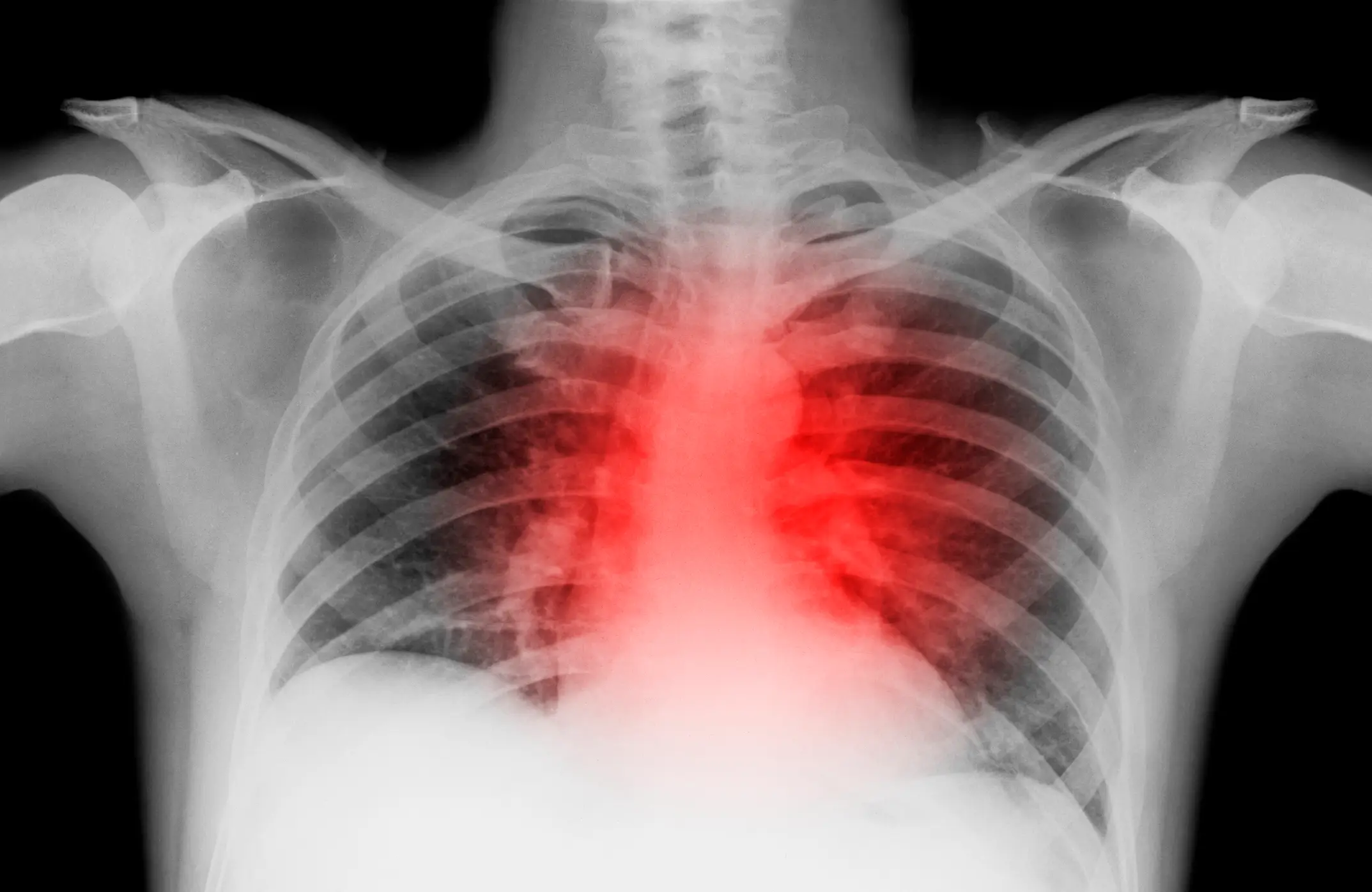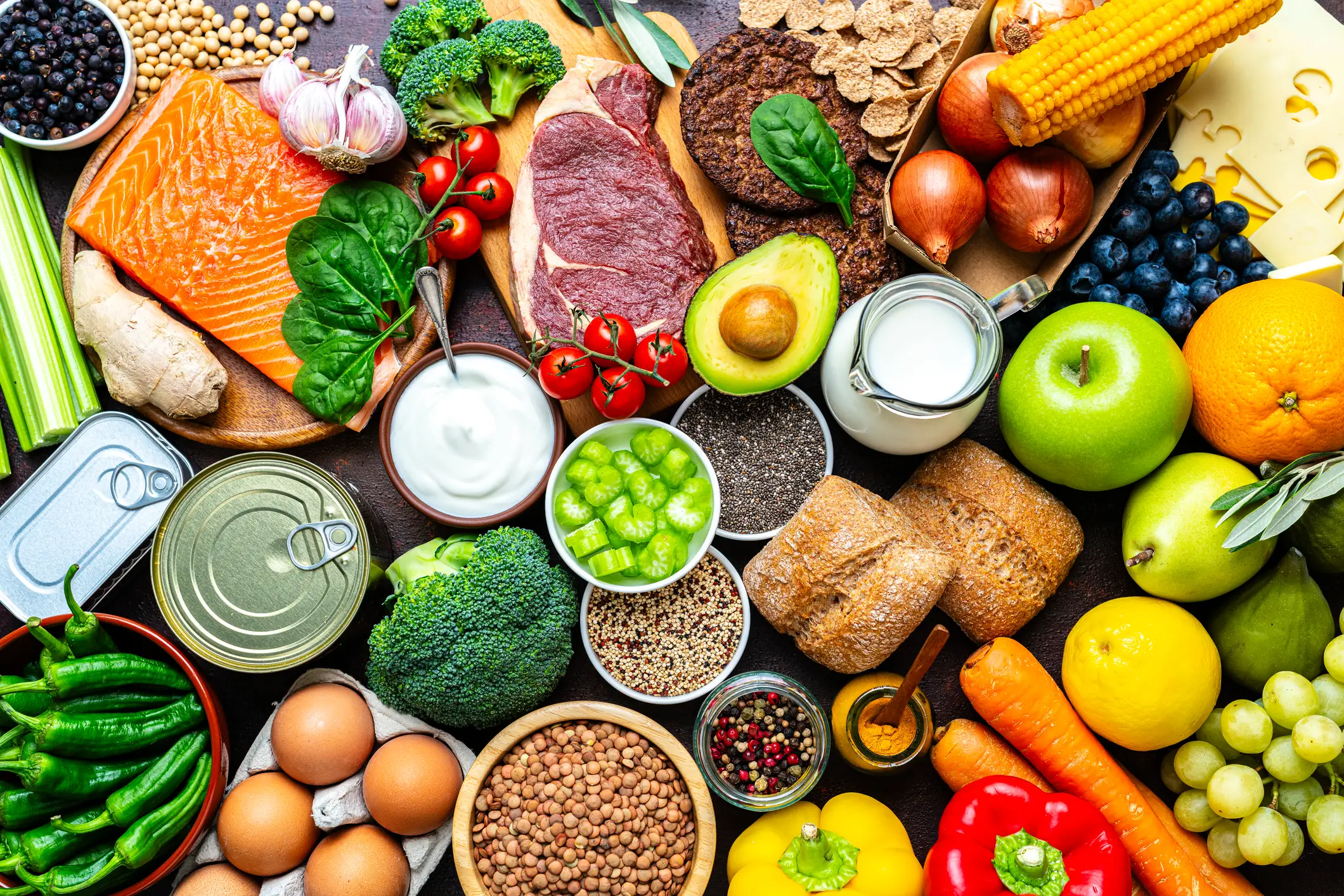
A heart surgeon has issued a warning about following a popular diet, revealing an increased risk of heart disease.
Thanks to the unprecedented growth in health and wellness culture online, diet advice is now much more complicated than eating five a day and getting your 10,000 steps in.
From 'limitless pills' to 'blue zones', Mediterranean diets and debates over protein powders, we now have access to diet and lifestyle advice like never before.
However, one doctor has urged people to make sure they're aware of following certain 'fad diets', revealing that one particular regimen can lead to fit and healthy patients in their 30s suffering from heart disease.
Advert
Sharing the advice in a post on Instagram, US-based cardiologist Dr Dmitry Yaranov explained why high-protein fad diets often lead to health complications.

Addressing the restrictive 'carnivore diet' specifically, the surgeon wrote: "He looks like a statue. Shredded. Vascular. Peak performance.
"But I’ve seen what’s inside those vessels - and it’s not pretty."
Dr Yaranov went on to explain that he's seen patients who've spent years on such diets suffer from high cholesterol, endothelial (a thin layer of cells lining the blood vessels) dysfunction, chronic inflammation and a premature buildup of fats and cholesterol in the arteries.
He said that while a person's exterior body may appear to be fit and healthy, the inside can often tell a different story, adding: "I’ve cared for 'fit' 35-year-olds with heart attacks.
"No symptoms. No warning. Just a ticking time bomb."
Can following the carnivore or certain 'high-protein' diets increase your risk of heart disease?
Dr Yaranov's post received a mixed response online, with some people thanking him for speaking out while others claimed either themselves or friends were following such diets with no adverse health risks.
So, how safe are carnivore - or restrictive high-protein - diets?
According to a study published by MedicalNewsToday, eating an extremely high protein intake can lead to atherogenesis, which is the development of plaques in blood vessel walls.
Instead '20 to 30 grams of protein per meal, spread out evenly throughout the day' is recommended for a healthy diet.
Meanwhile, Reema Pillai, private nutritionist at Dietitian Fit, recently explained to LADbible that restrictive diets can increase your risk of 'heart and liver disease'.
"Many of those who follow a carnivore diet are oblivious to health issues for a long time," she said.
"For someone who is young and maintains a healthy body weight, cholesterol levels may not seem elevated until years into the future, where the extra consumption of saturated and trans fats has led to a build up of plaque in the arteries, causing severe increases in cholesterol."
Pillai also explained that as a carnivore diet is 'high in saturated fat and cholesterol', it can lead to an increase in LDL (bad) cholesterol levels.

"The risk of cardiovascular concerns increases, especially in a diet that lacks fibre, which can otherwise support better cholesterol levels," she added.
"This, in turn, will increase risk of cardiovascular disease."
When it comes to the best diet option to follow, numerous health experts - including Pillai - urged people to focus on 'diversity and quality' over anything else.
This is something which was also echoed by Dr Yaranov, who concluded his post by writing: "Want real health? It’s not about extremes. Balance. Plants. Blood work that actually makes sense."
Topics: Health, Food And Drink, Lifestyle